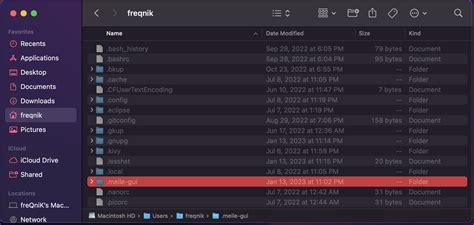“Crypto 101: Understanding the Key Players in the Cryptocurrency Ecosystem”
The world of cryptocurrency has experienced rapid growth and innovation in recent years, with the emergence of new technologies and platforms to support its development. At the heart of this ecosystem is a network of digital wallets, validator nodes, and market makers that work together to facilitate transactions, ensure security, and drive adoption.
Digital Wallets: The Key Player

A digital wallet is a software program or application that allows users to store, send, and receive cryptocurrencies. It serves as the primary interface for individuals to interact with various blockchain networks, including Bitcoin, Ethereum, and others. Digital wallets can be created using open-source software such as Bitcoin Core or Electrum, or through mobile applications designed specifically for cryptocurrency transactions.
Key features of a digital wallet include:
- Secure storage: Wallets ensure that users’ private keys are securely stored and protected from unauthorized access.
- Transaction management: Users can send and receive cryptocurrencies directly within the wallet.
- Multi-currency Support: Digital wallets often support multiple cryptocurrencies, making it easy to buy and sell them.
Popular digital wallet options include:
- MetaMask (web-based)
- Trust Wallet (desktop and mobile)
- Electrum (open source)
Validator Nodes: The Backbone of the Blockchain Network
Validator nodes are essential components of a blockchain network, responsible for validating transactions and maintaining the integrity of the network. These nodes play a key role in ensuring that the distributed ledger remains accurate and secure.
Key responsibilities of validator nodes include:
- Transaction Verification: Validator nodes confirm that transactions meet agreed-upon criteria before including them in the blockchain.
- State Maintenance: Nodes ensure that the blockchain is up-to-date with the latest information from other validators.
- Identifying New Block Rewards: Validator nodes determine which users will receive newly minted cryptocurrencies as block rewards.
Types of validator nodes include:
- Standalone nodes: Operating independently, these nodes verify transactions and manage their own network.
- Group nodes: Collaborate to achieve higher consensus rates and reduce transaction times.
- Centralized nodes: Owned by a single entity or organization, these nodes can lead to centralization issues in the blockchain.
Market Makers: The Price Taker
Market makers (MMs) are entities that provide liquidity to the cryptocurrency market by offering bids and offers for various cryptocurrencies. They act as price takers, determining the current market value of a particular asset based on their bid and ask prices.
Key characteristics of market makers include:
- Providing liquidity: MMs facilitate buying and selling, reduce transaction costs, and increase market efficiency.
- Price setting: Market makers determine the current market prices for various cryptocurrencies.
- Regulating supply and demand: They help maintain a balance between buyers and sellers by adjusting prices in response to market conditions.
Popular market maker options include:
- Binance (online)
- Kraken (online)
- Huobi (online)
In short, the cryptocurrency ecosystem relies on the interplay of digital wallets, validator nodes, and market makers. Understanding these key players is essential for anyone looking to navigate the world of cryptocurrency. By understanding the roles and responsibilities of each component, individuals can better appreciate the complex mechanics that drive the growth and adoption of this rapidly evolving industry.

Leave a Reply